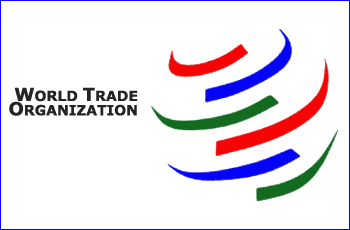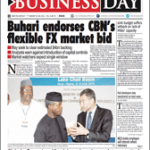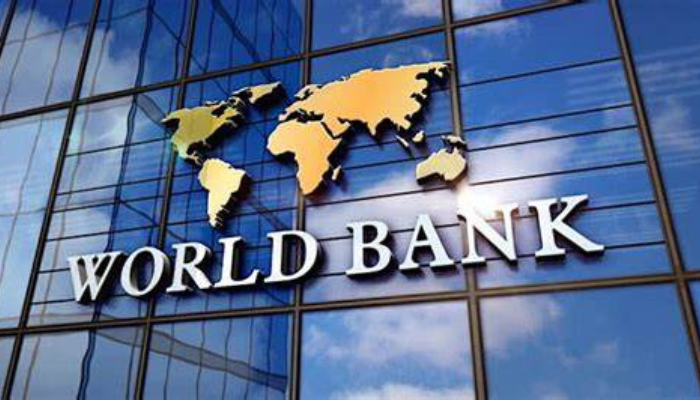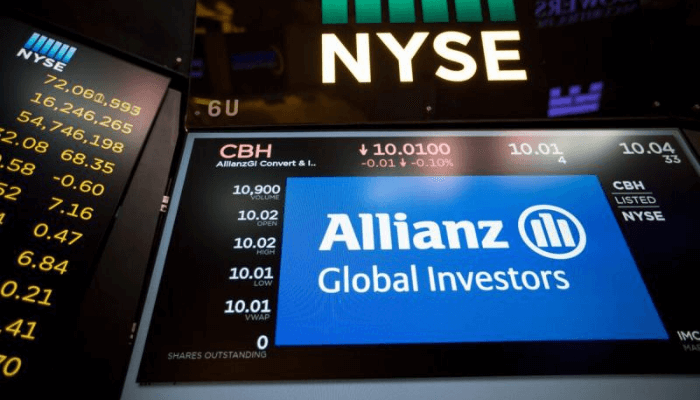World Trade Organisation (WTO) says global trade, which rose by 2.8 percent in 2015, is at risk from high tariffs, huge trade costs and lack of policy coordination among member countries, and may put at risk 2016 forecast of 2.6 percent growth.
Roberto Azevêdo, director-general, WTO, stated this when he gave the keynote address at the World Trade Symposium in London yesterday.
Azevêdo said high tariffs continue to inhibit trade, especially for the poorest, saying, “Some of the highest rates are found in sectors of particular interest to developing and least-developed countries.
“Non-tariff measures and the lack of policy coordination are big hurdles. Take trade costs. In 2010, in developing countries trade costs were equivalent of a 219 percent import tariff. This is an area where we can make a big difference — as cutting trade costs by just 1 percent supports a 3-4 percent increase in trade growth.”
While calling for greater loosening of the knots around services, Azevedo said, “Restrictions in services also hinder potential for trade and investment growth. Services now account for 40 percent of world cross-border trade in value added terms, and FDI stocks account for above 60 percent of services trade.”
He further called on members to strengthen regional trade agreements, which he said were increasing in number.
“This is very positive and can support work at the multilateral level. However, it can also create challenges, especially when regional initiatives explore rules in areas that are not currently covered by the WTO. We need to ensure coherence between these initiatives so that businesses do not face a costly patchwork of rules and regulations.”
The WTO boss visited Nigeria in February and in a meeting with President Muhammadu Buhari advised the country to diversify the economy to reduce dependence on the oil sector, and improve the conditions for trade and investment in its policy mix.
He said the Nigeria can benefit from Trade Facilitation agreement between WTO Members, designed to reduce the time and cost of moving goods across the border. “It will significantly cut the costs of trade — by an average of 14.5 percent. For developing economies alone, it could boost their exports by almost $730 billion per year,” he said.
In Nigeria today the average time it takes to export goods is around 20 days, while imports take around 30 days. This pushes costs up so that many businesses can’t afford to buy and sell goods internationally.
By making trade flows easier, the agreement, the global trade body say can support Nigeria’s economic diversification.
He said by reducing barriers to trade and lowering the costs of doing business across borders, increase the number of new products exported by as much as 20 percent, attract investment, and get access to new markets for the country’ budding business community.
Nigeria struggles with a range of formidable challenges — such as security and governance issues, which have been compounded by the steep decline in oil prices, due largely to global over-supply. This is acting as a brake on economic growth in Nigeria.
ISAAC ANYAOGU











